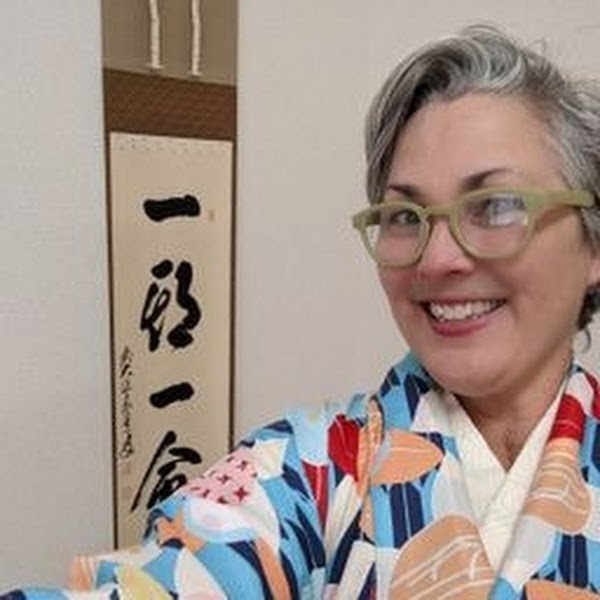Pioneers of Sustainable Living in Japan: The Remarkable People of Kamikatsu
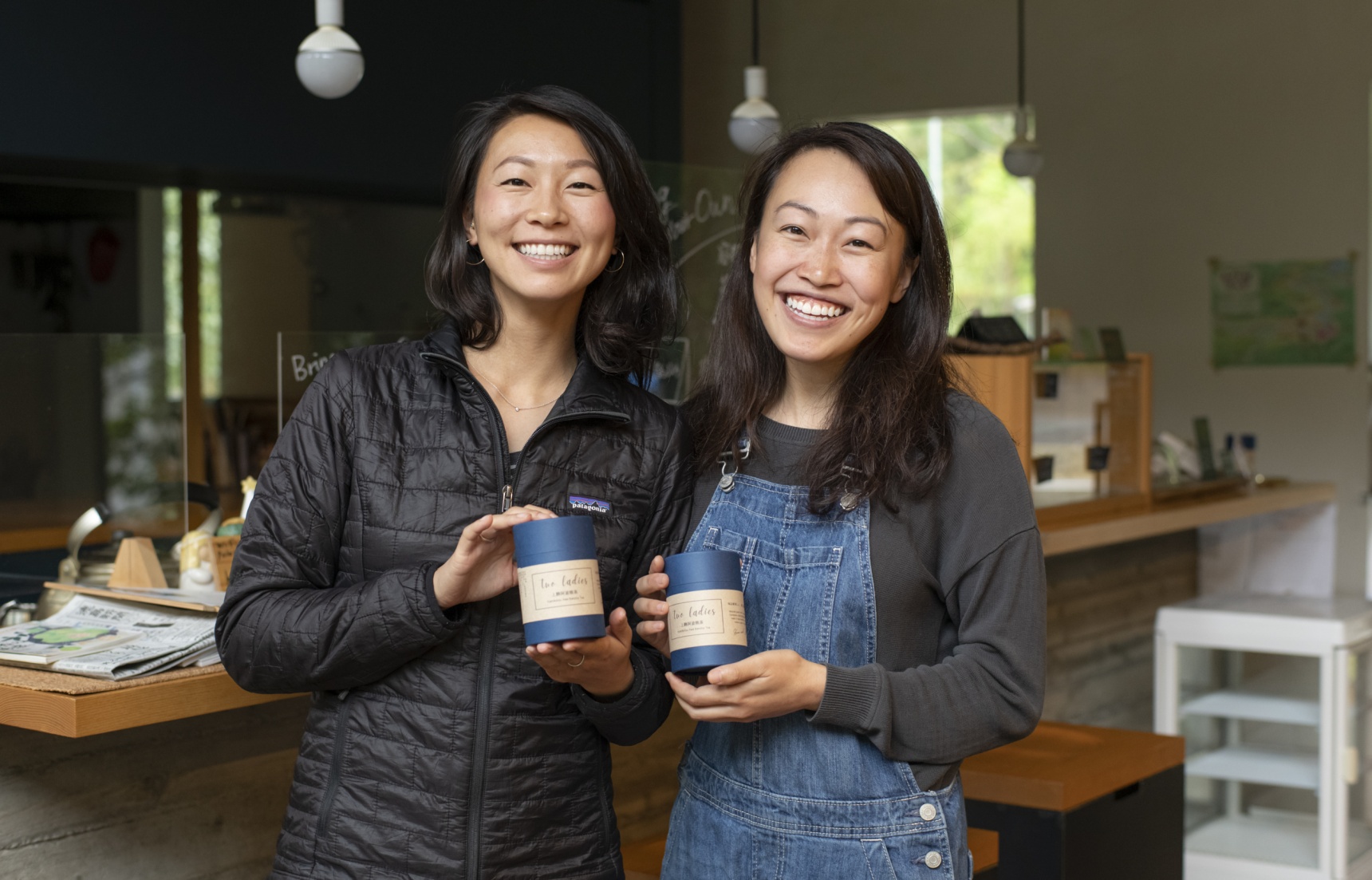
The second of a series about the inspiring zero-waste Japanese town of Kamikatsu. Joy Jarman-Walsh introduces the people who want to make sustainability compatible with a good life. (Photos by Tom Miyagawa Coulton)
By Joy Jarman-Walsh (JJWalsh)Entrepreneurs around the world interested in sustainable development struggle to create appealing products and services while avoiding negative impacts on the environment and contributing positively to society. The best of them are able to act as stewards of natural resources, take care of staff and local members of the community, and build profitable businesses. The charismatic people who make up Kamikatsu’s new breed of entrepreneur have not been deterred by the exceptionally high standards of the town's zero-waste regulations; rather, they have risen to the challenge presented by those standards to find new roads to success.
If you're looking for inspiration to run a more sustainable business while living a meaningful life, Kamikatsu is an ideal place to start.
Terumi Azuma: A café welcome for locals and visitors
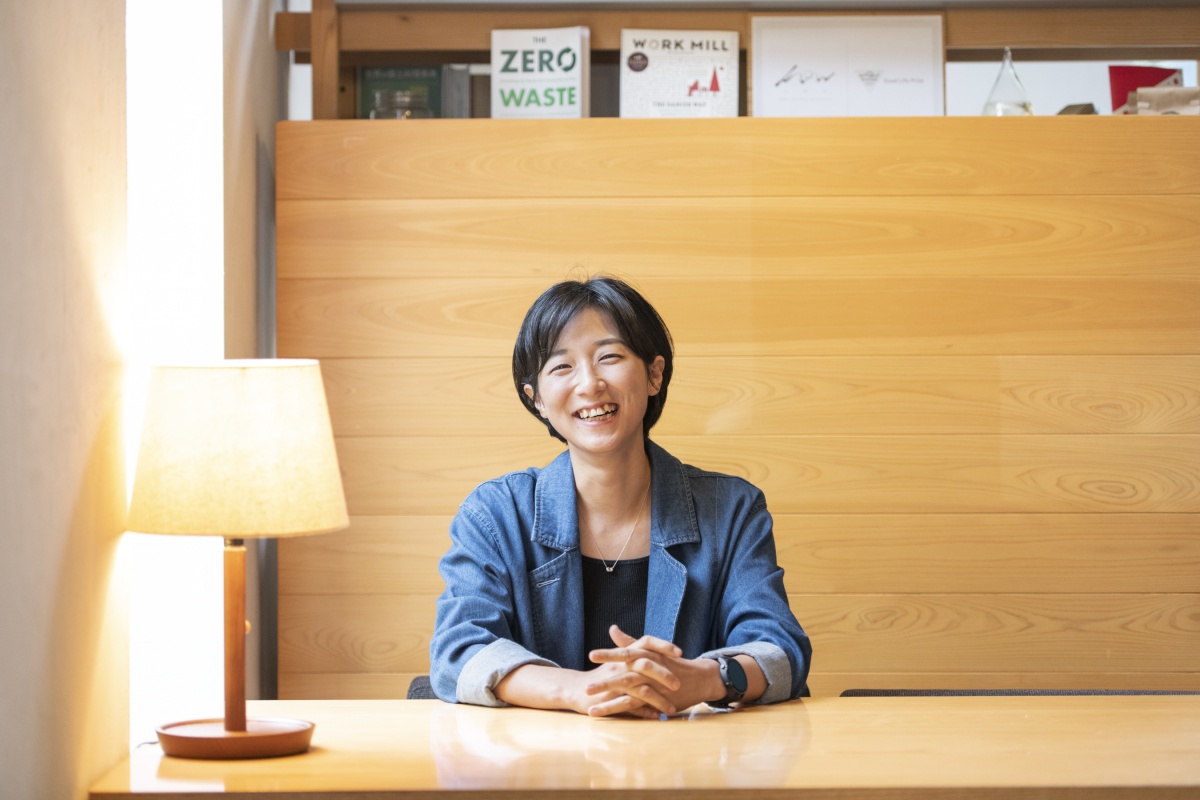
On my first visit to Kamikatsu in 2016, I didn’t realize how lucky I was to have Terumi Azuma as my guide. She is a powerful force in the town and opened its first café, Café Polestar, in 2013. It was the fulfillment of her mother’s dream to create a welcoming space for locals and visitors. As we sat at one of the long wooden tables eating her delicious scones and drinking local Awa-bancha tea, rays of pleasant, dappled light warmed the room.
Azuma was born and raised in Kamikatsu and often credits her mother for her passion for sustainability. “As a child,” she explained, “my mom would take me on trips around Japan, and sometimes even abroad, to learn about recycling and to find new ideas to bring back.”
Over the course of our conversation, Azuma answered a million questions about how zero waste works and sparked new possibilities for how I could apply those strategies in my own life. I went home and immediately started composting and reducing my family’s waste by 30 percent—the same amount by which Kamikatsu was able to reduce its waste with mandatory composting regulations. Talking with Azuma infused me with her passion for community-building, which she feels goes hand-in-hand with environmentalism.
Cafe Polestar
Akira Sakano: Introducing the town to an international audience
Sakano, one of Japan’s most well-known zero-waste advocates, formed a powerful duo with Azuma. They met at university in Hyogo and spearheaded many key initiatives in Kamikatsu by working as catalysts between policymakers, local residents, and a variety of companies making the packaging that the town struggled to reduce, reuse, or recycle.
Sakano often gives talks introducing Kamikatsu as a case study of sustainability at international events, such as the World Economic Forum and the 2020 Davos climate conference. Now based in Kyoto where she is the founder and director of Zero-Waste Japan, Sakano continues to promote Kamikatsu as Japan’s greatest case study of sustainability.
Linda Ding and Kana Watando: Canadian entrepreneurs
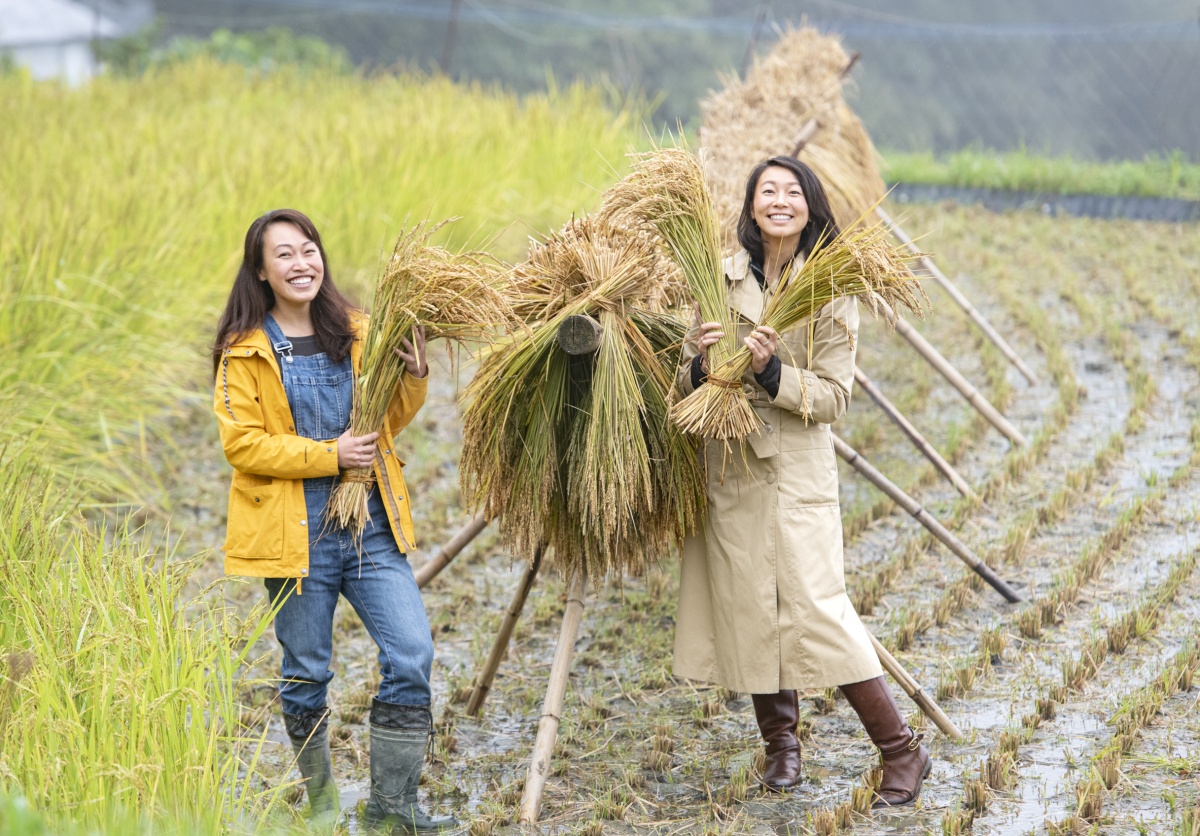
Linda Ding moved to Kamikatsu in search of inspiration from the residents she perceived as leading very simple yet deeply fulfilling lives. “I had a strong feeling that I wanted to live a more meaningful, sustainable life,” she said.
A meeting with Terumi Azuma led her to take on an internship, a position that also attracted fellow Canadian Kana Watando. “While talking with Linda,” explained Watando, “we identified the need for an English guiding program in the town.”
Together, the three women launched the INOW program in 2021, an immersive, bespoke Kamikatsu travel experience. INOW offers a unique opportunity to engage with locals and experience the simple, sustainable life in Kamikatsu. Watando and Ding say that through the program, they have grown to appreciate many things about the town beyond its zero-waste strategies.
They put the downtime of the Covid-19 years to use by becoming more knowledgeable about the experiences they introduce to visitors. As Watando drove us up narrow roads to show us their just-harvested rice paddy, I was impressed not only with their farming skills but also with the ease with which Watando navigated the winding mountain roads. Along the way, the women shared stories of making and selling the local Awa-bancha tea, working as volunteer taxi drivers, and even learning local music and dance to perform at community festivals alongside long-time residents.
INOW
Hiroki Tamemoto: Mentor for newcomers
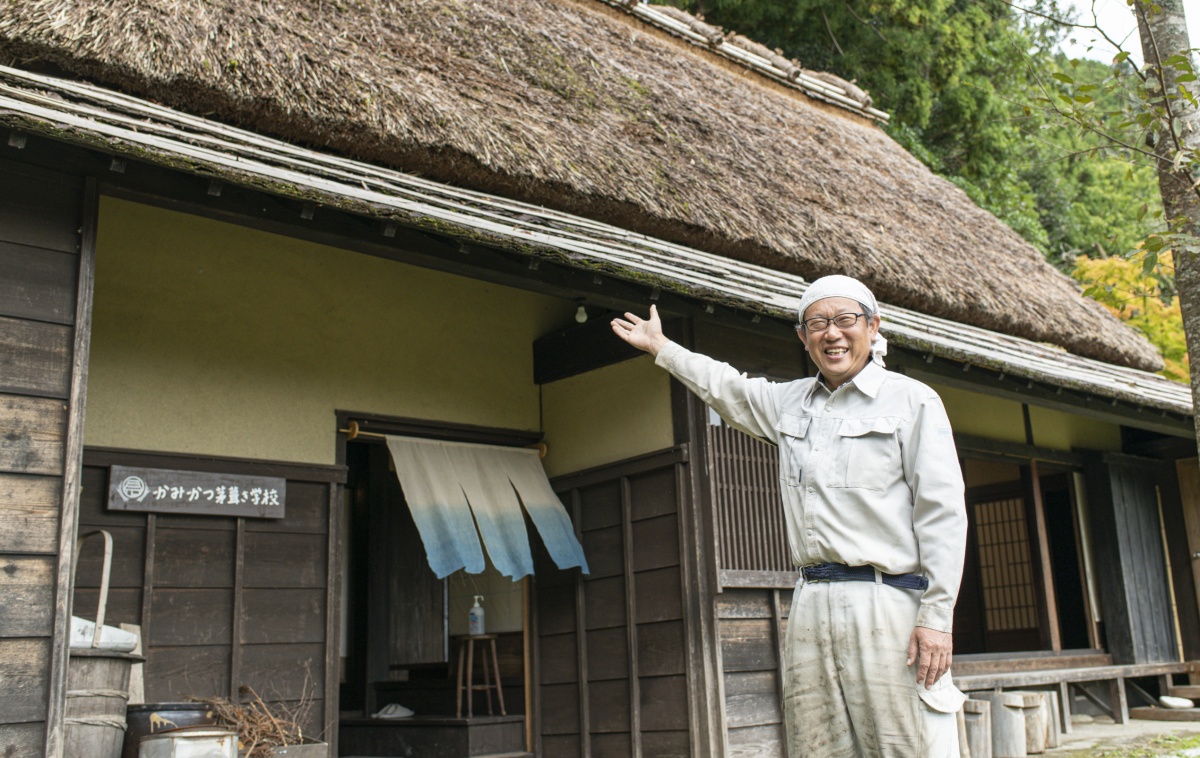
Hiroki Tamemoto not only farms his own fields, he also acts as a mentor to many of the new local farmers in Kamikatsu like Watando and Ding. On top of that, he's responsible for renovating the stunning old house above the fields, which features a traditional kayabuki thatched roof. This charming home will soon be bookable for overnight stays, and travelers can look forward to daytime views of serene terraced paddies, swaying bamboo groves, forests, and old houses and, after sunset, unrivaled views of the night sky. Tamemoto’s vision is to offer a comfortable and unique stay in this old house, one that allows guests to relax and enjoy the traditional aesthetic—and possibly to fall deeply in love with Kamikatsu.
Kayabuki School
Keisuke Niki: Renaissance man
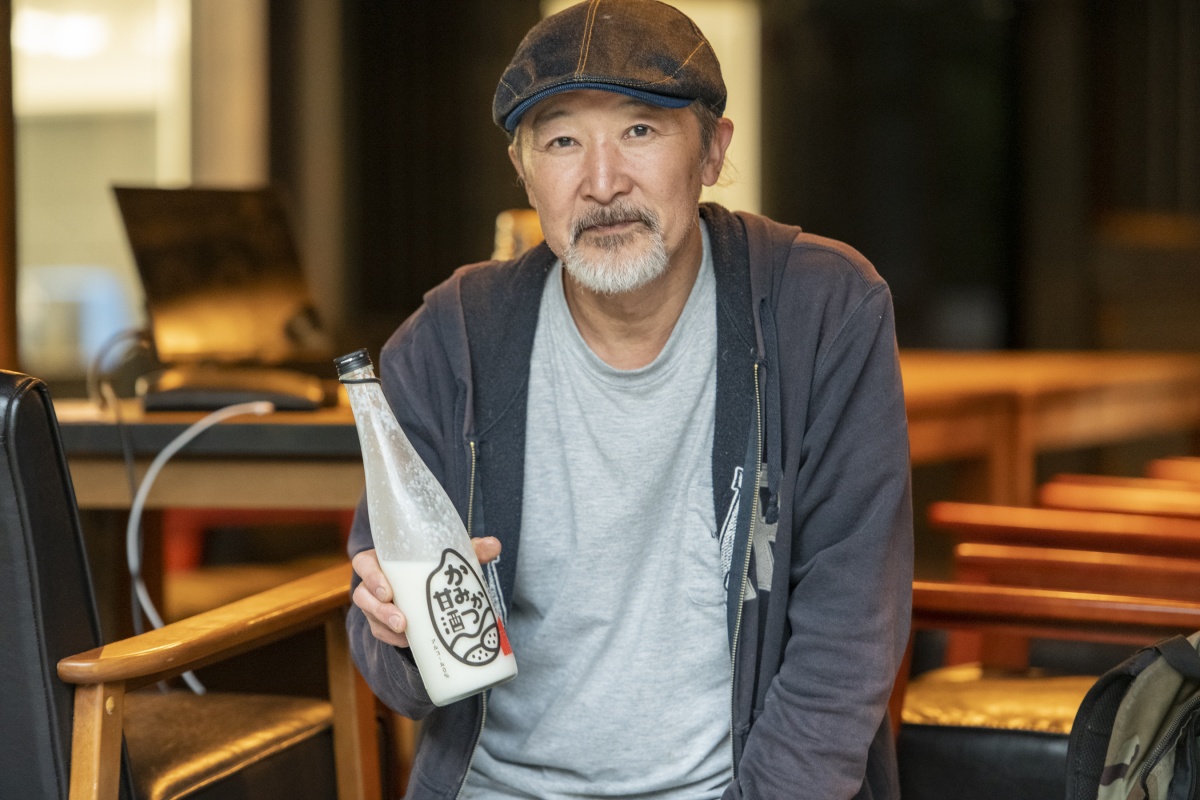
Keisuke Niki, one of the most prolific of Kamikatsu’s entrepreneurs with his Kaitakudan project, has a mind that seems to be always abuzz with innovative projects.
He has restored the ancient traditional footpaths called aka-sen, which, in Kamikatsu's case, are beautiful forest walks that link the valley’s many hamlets. Such trails once crossed most of Japan, but they have been little used and largely forgotten in recent years. Niki sees great potential for the footpaths, not only for the benefit of the local community but also as an appealing activity for outdoor-loving visitors.
On my most recent trip up to his base camp of glamping tents, café-bar, and event stage, he introduced his newest venture: a sake brewery. Niki shared with us a thick, sweet fermented amazake that he made with the local spring water that flows through his property. He also used his own rice grown on nearby terraces. His rice farming helps preserve the terraces, which make up one of the best views in the area.
Niki shared his backstory as we stood on the event stage, which boasts incredible views of the valley. The latest rice harvest hung on rails in front of us, not only for drying but also as decoration for an event that evening. He told us that he found a home in Kamikatsu after a successful career in Tokyo: “I didn’t want to just visit anymore; I wanted to make this place my home.”
As a city dweller myself, that struck a chord.
Kaitakudan
Taira Omotehara: Bringing fine dining to the valley
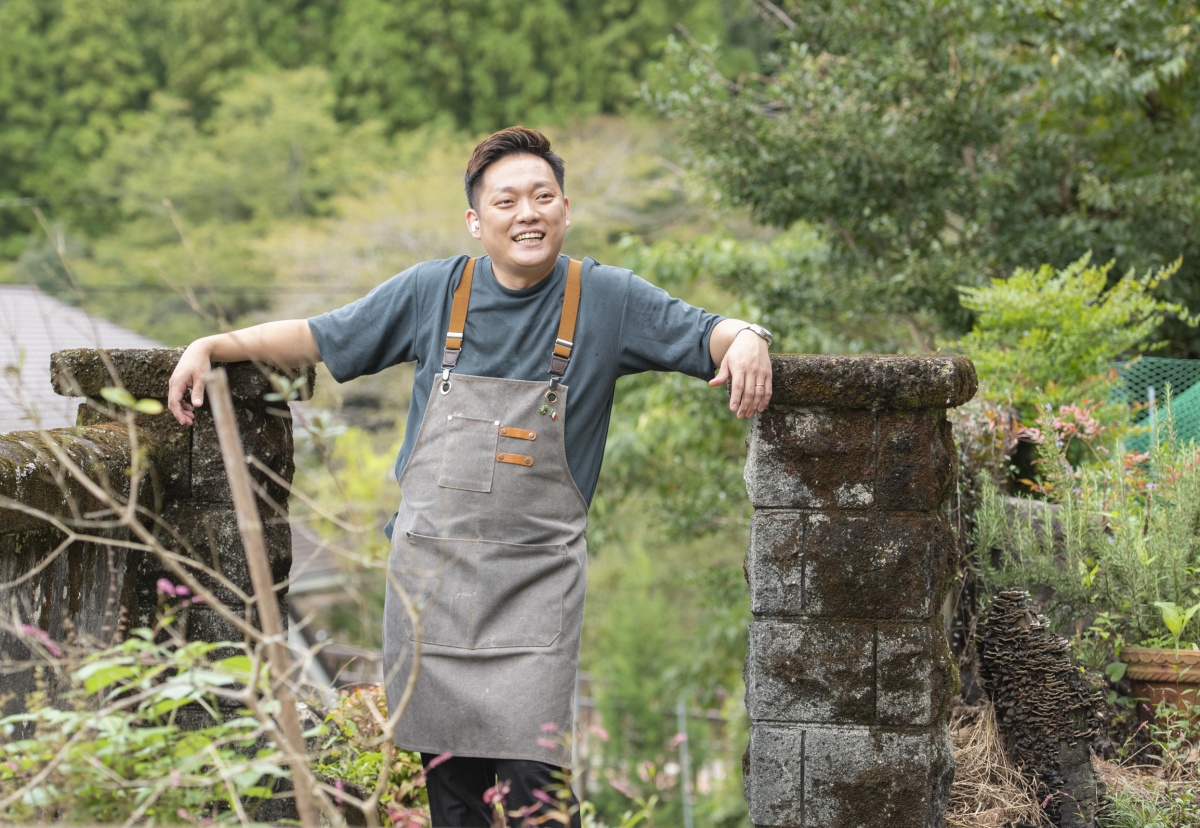
Chef Taira Omotehara is a Tokushima native who trained in fine-dining restaurants around Japan before settling in Kamikatsu, where he has renovated an old house and transformed it into a unique dining space. Pertornare, where he is the owner and chef, is Kamikatsu’s only fine-dining restaurant. Here, diners can appreciate slow-dining experiences that combine the beauty of local ingredients with select imported cheeses, spices, and European techniques.
The presentation of each dish—often on vintage tableware or local wood and ornate leaves harvested from the town’s natural treasures—is superb. Omotehara ventures out of the kitchen between courses to talk with guests, pour wine, and add that personal touch.
Pertonare
Masayuki Wakita: Zero-waste omotenashi
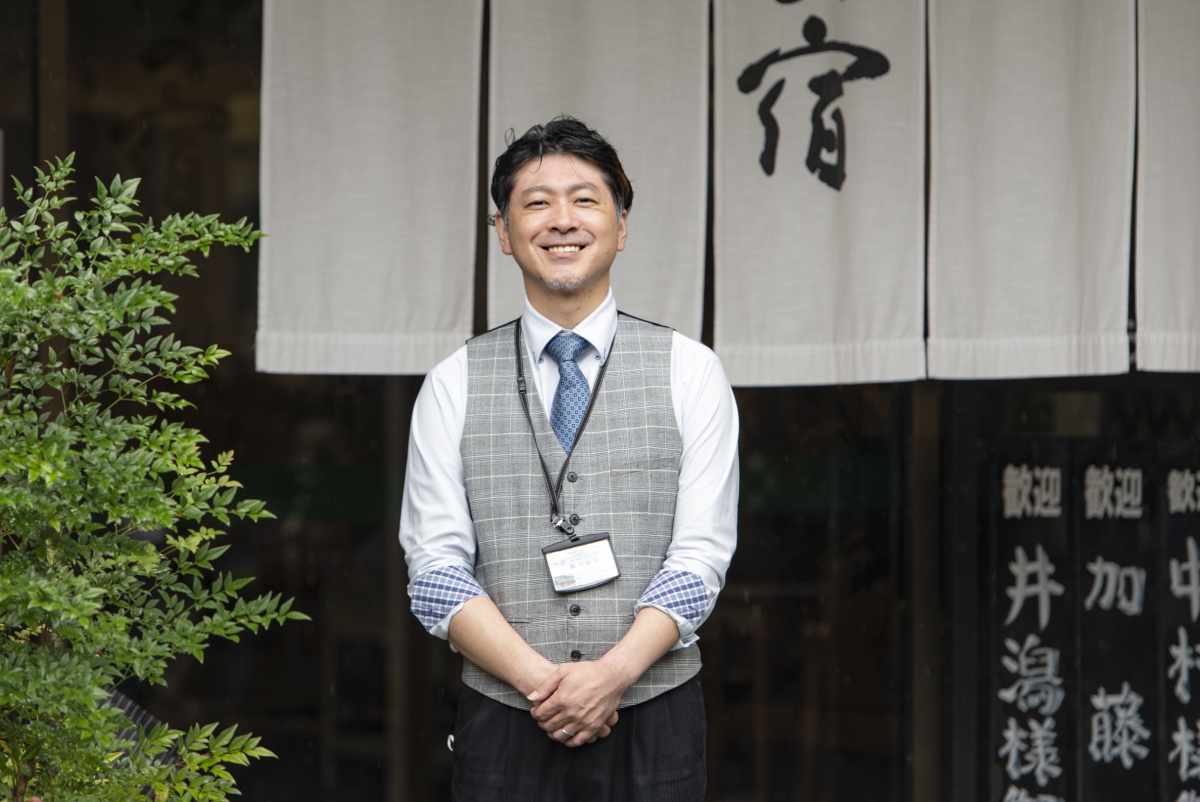
Masayuki Wakita is both the vice president of onsen hotel Tsukigatani and an inspiration for incorporating new aspects of sustainability into hotel operations. Wakita has a generous spirit that goes hand-in-hand with great hospitality. As he showed me the barrier-free room and the family bungalows made of local wood, he shared his hopes of welcoming more international travelers and people interested in SDGs and zero waste to Kamikatsu.
On a hike through the mossy forest, Wakita pointed out shimenawa—twisted straw ropes and white paper streamers—hung on large boulders and trees. The presence of shimenawa signals respect for elements of the natural world considered deities in the Shinto religion. Mostly seen at shrines nowadays, shimenawa in the woods, Wakita explained, illustrate how close the local people feel to their natural surroundings.
Later, as we ate giant grilled shiitake in the hotel restaurant, Wakita dropped by our table to show us samples from the town’s famous Irori leaf business. Townspeople collect the best leaves from the local foliage and send them to fine Japanese restaurants to be used in food service.
In addition to acting as the base for this operation, for two decades, the hotel has also supported sustainable forestry, working with local lumber industries as a pioneer in biomass innovation. The hotel’s use of local wood to fuel the boiler not only provides enough heat for the onsen, which reduces the hotel's use of fossil fuels, it also supports local jobs and forest-thinning projects.
Tsukigatani Onsen Hotel
Aki Tsuruda: Finding work–life balance with a young family
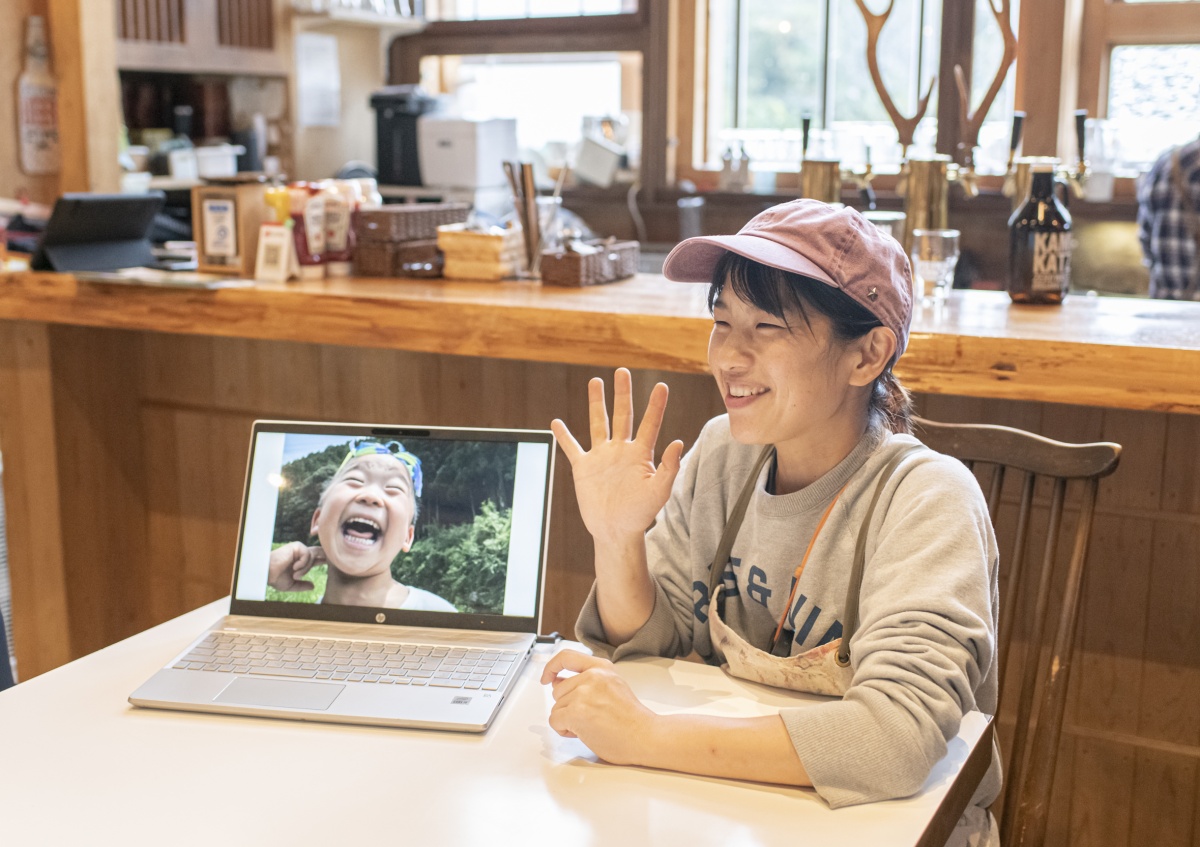
A visit to Kamikatsu isn’t complete without a stop at the charming Rise & Win brewery to see Aki Tsuruda, who manages events and day-to-day operations. Her stories about how her family sorts trash and deals with the higher hurdles of zero waste offer a deeper, more personal perspective into the everyday reality of Kamikatsu residents.
The Rise & Win team’s story is a fascinating one—not only do they use the waste from the craft beer brewery to grow the next crop of wheat for the next brewing season, they also distribute the remainder to local farms. But as a working parent myself, Tsuruda’s stories of raising her kids in Kamikatsu were equally inspiring and helped me connect more to the meaningful work she does as an entrepreneur. Enrolling her children in local schools helps ensure the schools will continue operating, which is a huge benefit to the community. But she also feels gratitude toward the town for the opportunity it's given her children to grow up in a healthy and happy environment.
Rise & Win
Momona Otsuka: Zero-waste ambassador
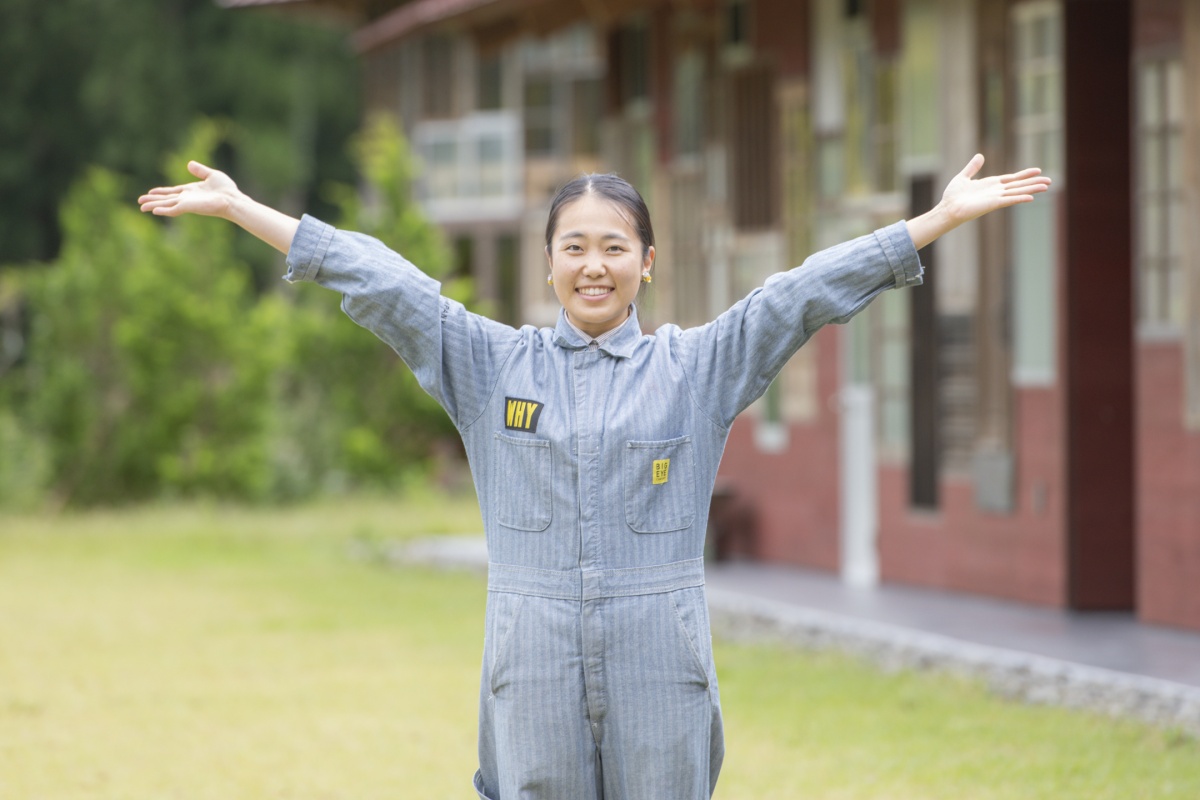
Momona Otsuka holds one of the most influential positions in town. As CEO (chief environmental officer) of the zero-waste hotel WHY and waste-sorting facility tour, she must engage daily with private citizens, businesses, and visitors. WHY staff spend their days helping to explain and introduce the key concepts of zero waste while encouraging people to seek solutions to their own sustainability hurdles.
Otsuka is a fairly new transplant to the town, but she has creatively embedded zero waste into her own work and life. She certainly walks the walk—even the shoes she wears are a new design that can more easily be reused.
A large part of her work is convincing businesses to engage with zero waste by holding deconstruction events. These consist of taking apart mixed-material products that were produced without concern for the end-of-use stage. Products like heated rugs are especially problematic, but they can be deconstructed to recycle the textiles, plastics, and metals from which they are made. “People are shocked by the complexity of the various materials in our everyday products and find it hard to deconstruct them,” she said. "But it’s very important to experience and share the difficulties so they can start to change. And then we can change together.”
Like many of her fellow entrepreneurs in town, Otsuka has adopted an abandoned plot of farmland. She struggled to find time for weeding, but she said she found it changing her perceptions. “Once I went to the farm and pulled weeds, I realized I also have weeds to pull in my own life.”
Hotel Why
Read More About Kamikatsu and Its Sustainable Practices and Industries
Part I of Joy Jarman-Walsh's series on the little town that could.
A Pilgrimage to Japan’s Remarkable Zero-Waste Town of Kamikatsu


